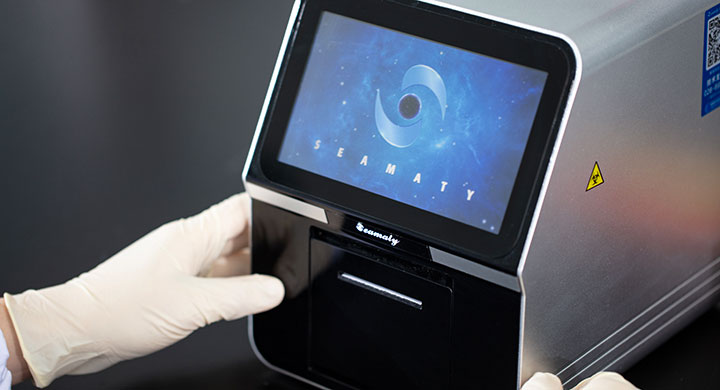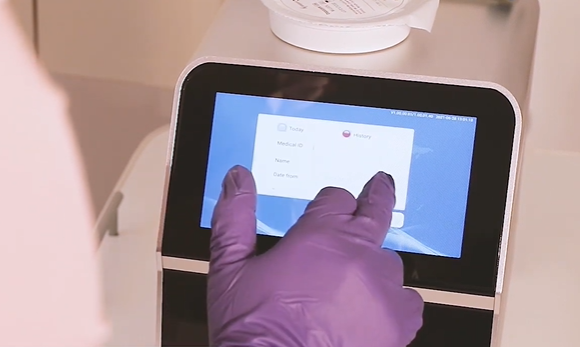release time:2021-08-30 16:25:50
Are biochemistry analyzers and hematology analyzers similar analyzer products?
What is the difference between these two analyzers?
What are the differences and similarities?
Continue Reading↓↓↓


2024-01-05
Explore China's dynamic 2024 IVD market with an in-depth analysis of 6 pivotal segments: immunodiagnostics, biochemical diagnostics, molecular diagnostics, coagulation diagnostics, microbiological testing, and point-of-care testing (POCT).

2022-07-01
A biochemistry analyzer is a machine that carries out chemical analyses of body fluids, such as blood or urine. enzymatic reactions and fluorescence measurements.

2021-12-14
Biochemistry analyzer, one of the most commonly used instruments in the daily work of veterinary hospitals, how to choose a biochemistry instrument and what are the key factors to consider?We take Seamaty's star product SMT-120VP automatic biochemical analyzer as an example, and talk with you about the key to choosing a veterinary biochemistry instrument.